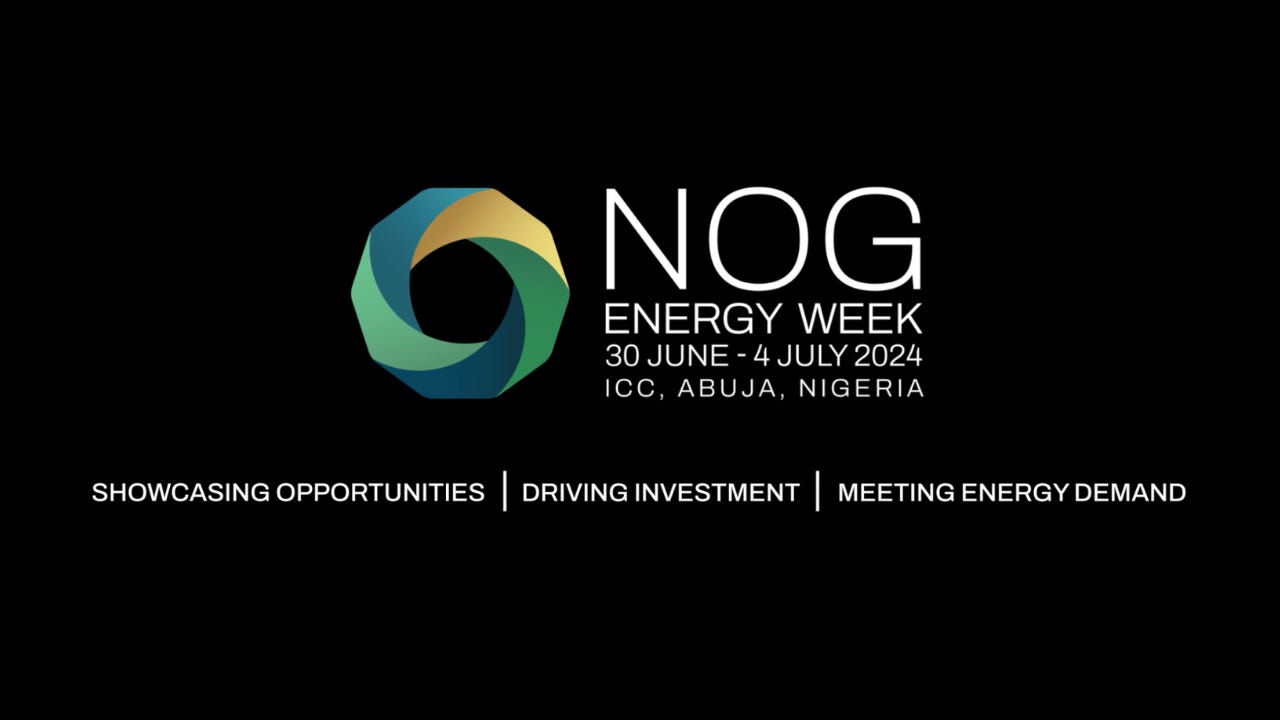
Last week was major for the Nigerian energy sector. It was the main week for the Nigerian Oil and Gas Energy Conference (NOG Week). During the conference, The CEO of the Nigerian National Petroleum Corporation (NNPC) Mele Kyari, declared a state of emergency on crude oil production in Nigeria. During the declaration, Kyari said:
“We have decided to stop the debate. We have declared war on the challenges affecting our crude oil production…. we have engaged our partners, and we will work together to improve the situation,”
This was seen by many as a response to the comments of Total Energies CEO Patrick Pouyanne who when responding to questions about investing 6 billion US dollars in Angola as opposed to Nigeria said:
“Nigeria loves to open topics without closing them. You love to debate. There is always a new legislature in Nigeria about a new petroleum law. When you have such permanent debates, it’s difficult for investors looking for long-term structure to know what direction to go”?
The state of emergency was followed by the final approval of the sale of ENI and Equinor’s Nigerian Business to Oando and Chappal respectively.
Outside of the NOG Week, Nigeria won the bid to be the host nation of the newly formed African Energy Bank (AEB). The Bank, a partnership between the African Petroleum Producers Organization (APPO) and the African Export-Import Bank (Afreximbank), aims to fund energy projects on the continent and support its energy transition goals.
However, just as the news of the Energy Bank came in, Reuters reported that NNPC owed about 6 billion US dollars to petroleum suppliers, a 100 percent increase on what they owned in April this year. The growth in the backlog is a result of the stylistic reintroduction of fuel subsidies. The Government placed a 600 naira per litre cap on the price of petrol but, the fall in the value of the naira has meant that the naira cost of importing petrol has gone up, forcing NNPC to begin subsiding again.
And to wrap it up, on July 9, Reuters reported that The NNPC was engaging partners to raise oil-backed loans to the tune of about 2 billion US dollars. This is after already borrowing 3.3 billion US dollars from Afreximbank last year. Kyari told Reuters that the new loan was for investment into its business and not for the repayment of the petroleum debt.
So What?
The Nigerian Oil and Gas sector is an extremely complicated space. Everyone knows what it is capable of but is left in shock every time they try to engage the sector.
The NOG week is set up yearly to attract investment by the international energy sector into Nigeria’s oil and gas space, but this is regularly undermined by the actions of policymakers and the investment climate. This is best represented in the comments of Total’s CEO highlighted earlier. Patrick further explained that the lack of clear policy direction, security and human capital are the major detractors of investing in Nigeria.
The arrival of the Energy Bank in Nigeria is a bright spot, but the bank only has about 5 billion US dollars in its arsenal which will not be enough to support any country’s oil and gas sector meaningfully.
The Nigerian government must do its part if it wants to see any substantial benefits from the sector. The country has the natural resources but until it gets its act together it will continue to lag and underperform its true potential.




I’m not exactly sure how I should feel reading this 😂😭